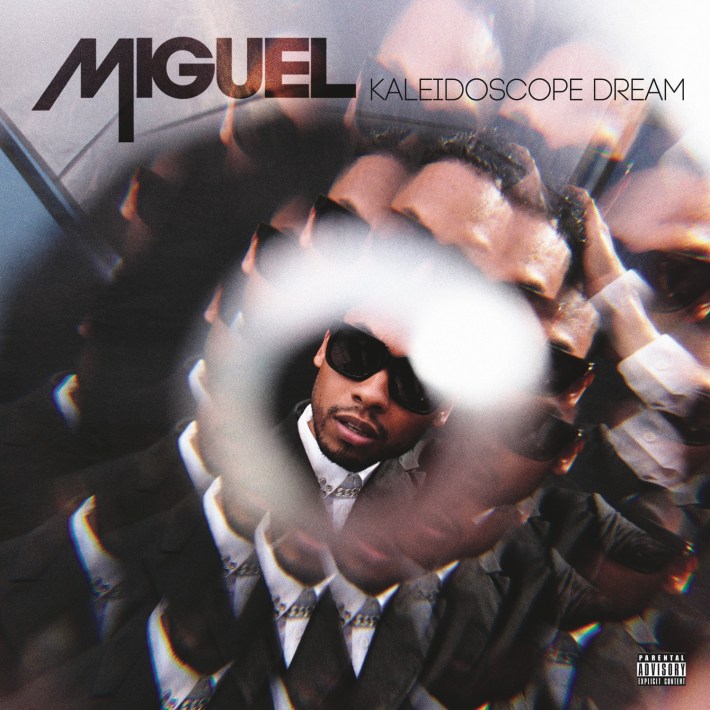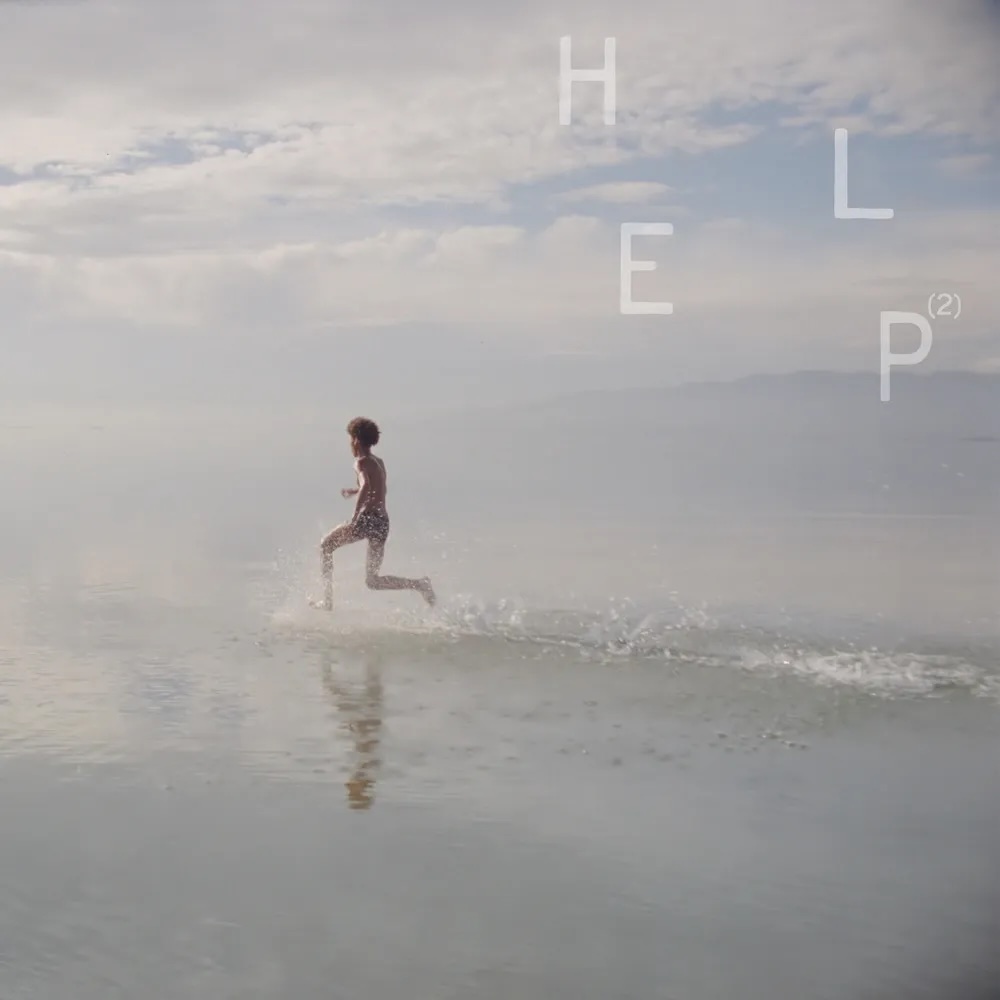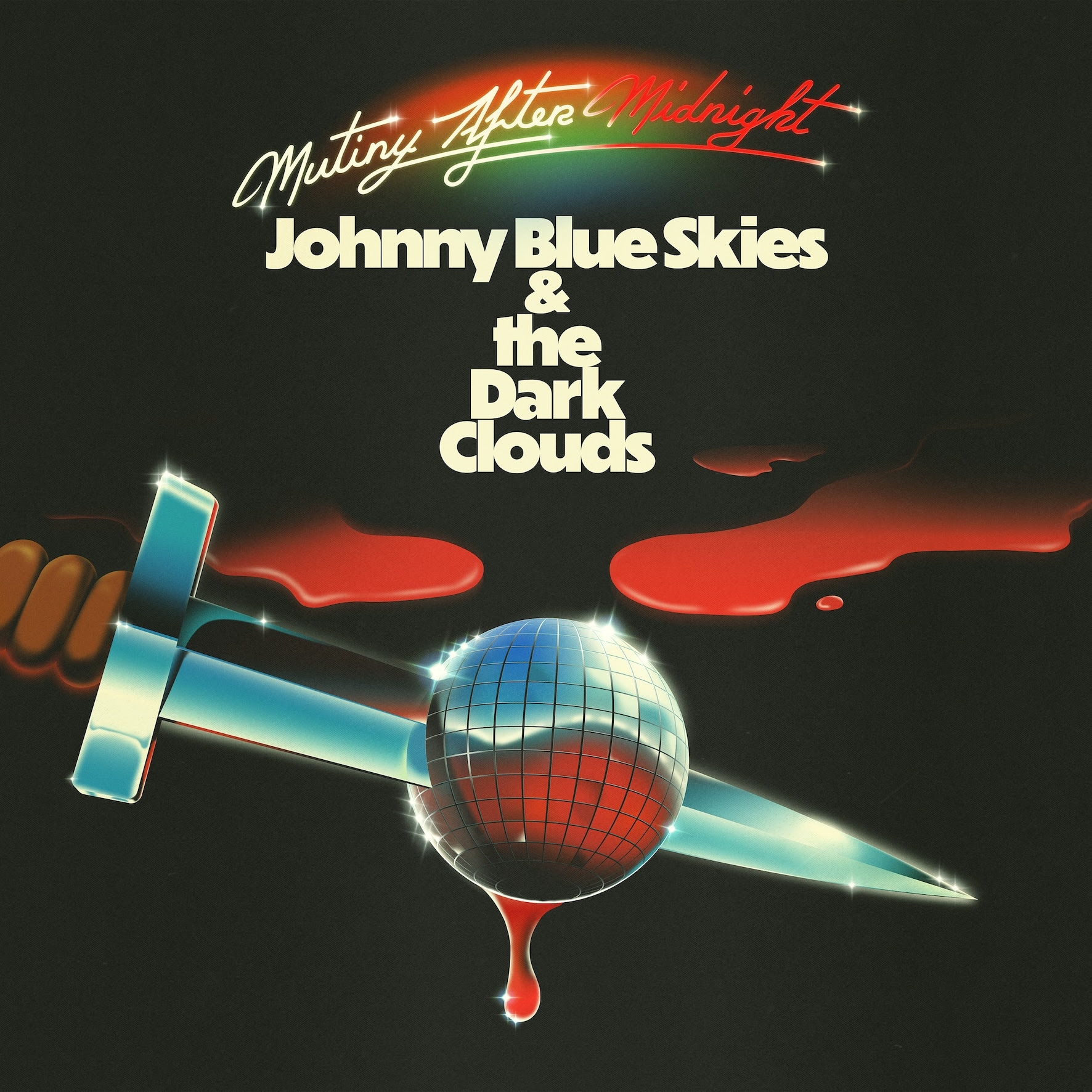- Black Ice/ByStorm/RCA
- 2012
Frank Ocean and the Weeknd came from the internet. Miguel came from the radio. As such, among the artful R&B stars who were lapping up critical acclaim in 2012 (lumped together in a goofy subgenre that started as a tossed-off Twitter joke), Miguel was at a distinct clout disadvantage. Never mind that those other guys were very much part of the corporate machine; Ocean was writing songs for Justin Bieber before he linked up with Odd Future, and Abel Tesfaye was all over Drake's Take Care. Miguel was the guy on the airwaves singing lines like "If you be the cash, I'll be the rubber band," projecting a tireless-entertainer energy that felt out of step with the era of blog-borne mystique. Releasing a series of EPs called Art Dealer Chic only kind of counterbalanced the guy's borderline-tryhard charm offensive. But Miguel Pimentel didn't need manufactured prestige to make a masterpiece. He had talent and vision and songs.
All that was on display throughout Miguel's 2010 debut album All I Want Is You, just not to the extent he'd eventually achieve. All I Want Is You spun off several radio hits: the lithe and smoky title track (with a J. Cole verse that might have inadvertently named Wye Oak singer Jenn Wasner's solo project Flock Of Dimes); the aforementioned "Sure Thing," luxuriant, gorgeous, and tender despite its lyrical clumsiness; the quirky "Quickie," too close to novelty for comfort. It marked Miguel as one of the more graceful and charismatic soul singers in the mainstream, and maybe more importantly, it showed traces of the harmonious psychedelia he'd perfect on his second LP. On songs like "Hard Way," his vocals were an impassioned glide, arching into multi-tracked Summer Of Love melodies over reverb-laden retro soul guitar and a beat that could pass for funk or boom-bap. The album was a slow-burn success that hinted at potential beyond the legion of Chris Brown clones competing for heavy rotation.
Miguel realized that potential with Kaleidoscope Dream, released 10 years ago this Sunday. The refinement went all the way to the corporate level: In 2011, Miguel's label Jive, which had been marketing him as a down-the-middle R&B singer, folded back into parent company RCA, which gave him more leeway to be his own kind of freak. He used that freedom to indulge his inner Prince and Marvin Gaye; to dig deep into retro psychedelic pop, rock, and soul; and to ignore radio formats altogether. Despite working with a range of co-writers and producers, Miguel boiled down a half-century's worth of influences into a gorgeous cohesive whole, a sleek and immaculate sound all his own. As Evan Rytlewski wrote at The A.V. Club upon release, "Few, if any, of his contemporaries have demonstrated this much control over their aesthetic."
"Adorn" is the entryway into Kaleidoscope Dream: the opening track, lead single, and best pure expression of Miguel's overall talent. Not everything he attempted at the time was a stroke of genius; only two other songs were entirely written and produced by Miguel, the too-goofy semi-novelty "Pussy Is Mine" and the too-serious pseudo-profundity "Candles In The Sun," and both are slotted away at the end of the album for good reason. In the same way, "Adorn" had to be up front. A modern update on "Sexual Healing"-style synth-R&B laced with skittering programmed drums and bass so resounding it might send your car careening off the road, "Adorn" is as good as love songs get. Miguel's tenor glides assuredly across the verses and softly erupts on the chorus, pleading with a romantic partner to "let my love adorn you" with such conviction you almost believe his affection might make give this woman the same faint glow that emanates from the song.
Soon we're swept away into "Don't Look Back," on which old-school drums that swing as hard as they slap give way to synthesizers that sparkle as hard as they surge. Against a panorama of vocal harmonies, Miguel invites lover and listener alike to throw themselves completely into the experience: "Just promise me you'll run, and don't look back." When a cover of the Zombies' "Time Of The Season" breaks out at the end of the song, it makes perfect sense within the sensual, hallucinatory context Miguel's been building. This is an album where the sex feels like narcotics ("My body's waving a white flag," Miguel exclaims on "Use Me") and the question "Do you like drugs?" becomes a form of flirtation. Again and again, the dazzling sonic accompaniment sells the fantasy, be it the buoyant clap-along chorus of the piano-led "Where's The Fun In Forever" or the darkly dramatic guitar action on sex jam "Arch & Point."
Kaleidoscope Dream has its flaws — some more serious than others, and some that have little to do with the album itself. Miguel can be a real cornball, and the album really falls off a cliff at the end, right around the time he passionately demands, over naked guitar, "Tell me that the pussy is mine." It's hard to hear the lush and sweeping yet undeniably skeezy "How Many Drinks?" — as in "How many drinks will it take you to leave with me?" — without thinking of the woman who accused Miguel of groping her at a Los Angeles club in 2017, an allegation he has denied. We all have different thresholds for alleged misbehavior, but the situation creates some cognitive dissonance around the persona Miguel adopts throughout the album. It certainly casts the lyric "let my love adorn you" in a different light.
If listening to Kaleidoscope Dream has become a more complicated experience in the past decade, on a purely musical level it sounds no less singular and inspired now than it did in 2012. Miguel has since built upon its foundation, making more hits (the Travis Scott collab "Skywalker" was inescapable) and recording songs that rival the glory of anything on this album ("Coffee," good lord). Career-wise, he ascended high enough to appear on a Disney soundtrack, duetting with Natalia Lafourcade on one of umpteen versions of "Remember Me" from Coco. Five years on from his last full-length work, I remain curious to hear what he does next. I'm not sure anything he releases can match the thrill of "The Thrill" or evoke the sense of awe and wonder I got from Kaleidoscope Dream’s thumping, swirling title track. It feels like an unattainable peak in his discography, but if this album second album taught me anything, it's to not underestimate Miguel.
We rely on reader subscriptions to deliver articles like the one you're reading. Become a member and help support independent media!







